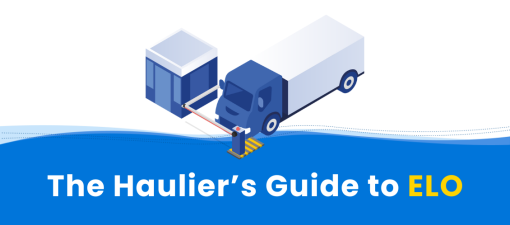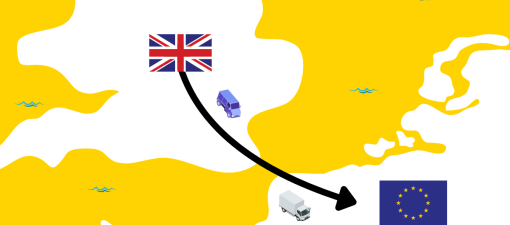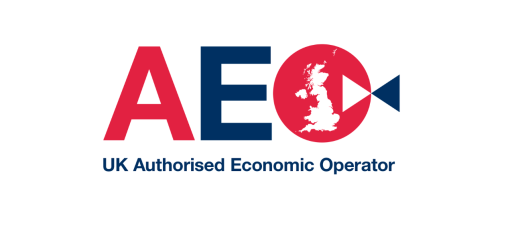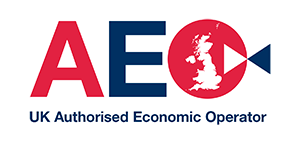A Union constituted by and composed of Members of the CCC (WCO), of the United Nations or its specialized agencies, which has competence to adopt its own legislation that its binding on its Members, in respect of matters governed by the Convention to which it wishes to accede, and has competence to decide, in accordance with its internal procedures, to sign, ratify or accede to that international instrument.
The following customs procedures require an authorisation and in some situations an evaluation of their economic impact: customs warehousing, inward processing, processing under customs control, temporary importation, outward processing.
The approval given by Customs that authorises a transit shed operator to deliver goods from the transit shed subject to such conditions the Commissioners may impose.
This is an indicative seal that a customs officer may apply to identify goods under customs control. It may be applied in addition to a trader’s commercial seal. If, in the UK, you receive goods secured by an official customs seal you must inform your local HMRC control office as soon as they arrive. Unless you’re an authorised consignee you must not remove an official seal without prior approval from customs. Interference with, or unauthorised breakage or removal of, an official seal is an offence under Customs and EU law. It’s important therefore that you’re able to recognise these seals.
Transport of goods from an office of departure to an office of destination under Customs transit (*).














